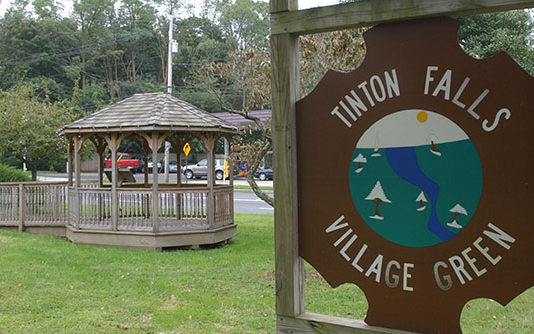Residents in Tinton Falls have expressed concern about unknown individuals who are supplying food to colonies of feral cats.
The residents say food that has been left outdoors for the cats is attracting larger animals to the southern area of the borough.
Tinton Falls Borough Council members have said they plan to move quickly to determine the appropriate course of action that could help stop the growth and the negative effects of cat colonies in the community.
Officials said it may be necessary to impose consequences and enact a law targeting individuals who are seen leaving food for feral cats.
According to forgottencats.org, “the word ‘feral’ is used to define a cat that lives outdoors and essentially does not belong to anyone. Feral cats are the result of a domestic cat being abandoned or lost and left to fend for itself. The offspring of the domestic (now considered feral) cat are usually never handled by people …”
“The truth of the matter is, that residents are feeding cats. The problem now has become a cat colony … We are talking about a lot of cats,” Councilman Christopher Pak said in an interview after the municipality’s annual reorganization meeting on Jan. 8.
Pak said at present, an ordinance does not exist to “police” the matter. He said feral cats that are being fed by individuals have the potential to survive in the elements and to “kill off other (small) animals.”
Pak said food that is left for the feral cats has recently attracted flocks of turkey vultures to the area. He said residents are alarmed by the large turkey vultures on their property.
“We may have to put in a law that would police people who have been feeding (the cats),” he said.
Pak said the first complaint that pertains to the matter reached borough officials within the last month. He said the situation has been ongoing, but did not specify how long certain individuals could have been supplying cat colonies with food.
In light of the situation, officials from the the American Society for the Prevention of Cruelty to Animals previously presented a proposal to trap, neuter and release (TNR) the feral cats back into the community, Pak said.
Pak called that course of action “the most humane” way to react, but he said municipal officials will explore all avenues before deciding how to address this public safety concern.
“Some of the animals (the food) is attracting may carry diseases,” he said.
The matter was not listed on the meeting’s agenda, but Councilwoman Nancyanne Fama asked “What is going on with the feral cats?” during a discussion portion of the evening.
Municipal officials said information is being sought from officials in other communities that have faced the same issue. They said they would pursue strategies that have proven effective elsewhere.
“I expect to have a report for the council by the next meeting,” Borough Attorney Kevin Starkey said. “There are different actions to take. Some towns take an enforcement approach which tries to prevent people from feeding these cats. Others have taken the TNR approach. Some have taken a mix of the two.”
Fama encouraged council members to include a TNR resolution on the agenda to be voted on at the next meeting.
“The pictures I saw from a resident were absolutely so disturbing … When you see these pictures, when you see these buzzard turkeys, it’s so disturbing … We have sat on (this issue) long enough. This is not right, it’s not fair to the residents. This is certainly destroying residents’ property values.”
Fama said services to neuter cats could be provided at no cost to Tinton Falls. She said she hopes the people who are feeding the feral cats can be identified.
Starkey said a TNR program, although one is being considered, is not optimal for every municipality. He said there are other approaches that need to be considered before making a decision.
Council President Gary Baldwin said he is in favor of implementing TNR. He said if TNR works as intended, “the cat colony will self-destruct” (i.e., the cats will not reproduce).
Baldwin said a solution to “reduce the feeding” and deter the turkey vultures from settling on homeowner’s properties needs to be sought out in addition to implementing TNR.
“It may take four years of neutering these animals, but we’ve got to make it work,” he said.
The borough’s feral cats may be the topic of further discussion on Feb. 8.
On Jan. 3, an email addressed to the Borough Council was sent by a resident who lives in a neighborhood where feral cats and flocks of turkey vultures are present. The resident said more than 30 turkey vultures have been seen on some residences in the townhouse development. The resident said turkey vultures could carry diseases and cause property damage and suggested that municipal officials take action.

